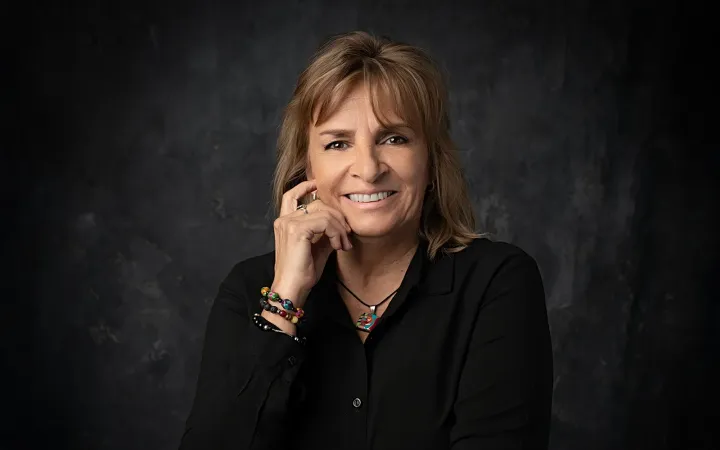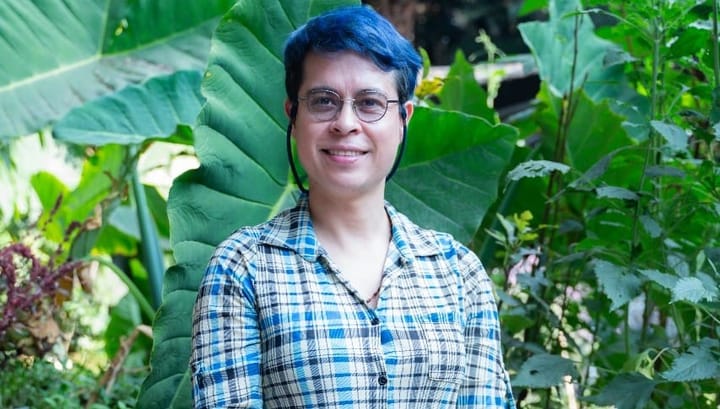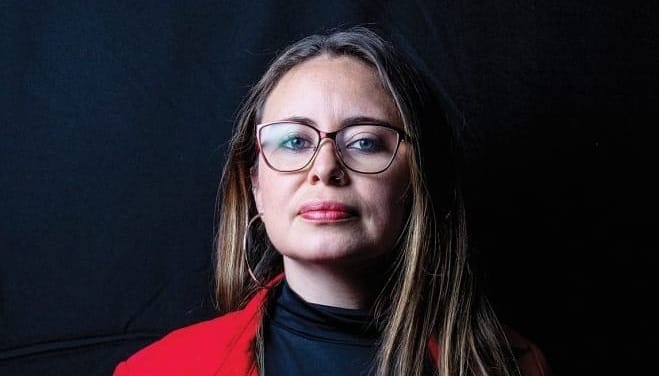Por Marilu Rasso

La violencia hacia las mujeres es una problemática social que no distingue nivel cultural, social, económico, ni geográfico. Las violencias pueden ser físicas, económicas, sexuales, psicológicas y simbólicas, entre otras. Estas no aparecen de manera aislada y se intersectan con otras discriminaciones y condiciones como es la edad. En particular, la intersección entre la menopausia y la violencia ha sido invisibilizada y poco estudiada.
La menopausia como muchos otros temas relacionados a la vida de las mujeres, está rodeada de mitos, prejuicios, estigmas y desinformación. Hay un enorme desconocimiento social y médico, en torno a los síntomas y efectos de la menopausia, lo que provoca en muchos casos diagnósticos equivocados que vulneran y estigmatizan a las mujeres. El desconocimiento de los síntomas y necesidades concretas de las mujeres en esta etapa, ha llevado, en muchos casos a su exclusión, aislamiento y a generar una percepción de invalidez.
Tradicionalmente se ha descalificado a las mujeres tachándolas de locas, histéricas, hormonales. En esta etapa, se utiliza con frecuencia decir que una mujer está “menopáusica” para descalificar o agredir. Por otra parte, la idealización de la juventud y de ciertos estereotipos de belleza, profundiza en muchos casos, la discriminación y marginación de las mujeres. Se utilizan los síntomas por los que atraviesan, como elementos para la descalificación, abuso y agresión, agudizando y justificando las violencias a partir de ciertos estigmas vinculados a la vejez y al proceso de la menopausia.
En muchas culturas que responden a las lógicas del sistema patriarcal, una mujer en menopausia se considera menos deseable, menos útil y menos productiva, restringiendo su capacidad de desarrollo y participación social. Esta serie de prejuicios coloca a las mujeres en situaciones de mayor vulnerabilidad y precariedad tanto en los espacios públicos, como privados.
Al mismo tiempo, las mujeres que se han dedicado a las labores del hogar y los cuidados, y que no cuentan con un fondo de retiro, ni de ahorro, se encuentran en un lugar de profunda indefensión. La dependencia económica y los mandatos patriarcales de lo que se espera de “una buena madre, esposa o mujer”, hace mucho más difícil que terminen una relación en la que están experimentando distintos tipos de violencia.
Comúnmente se enfrentan a comentarios despectivos acerca de su cuerpo, comparaciones constantes con mujeres más jóvenes, rechazo sexual, burlas y ridiculización.
Por otra parte, uno de los principales problemas en este tema, es la invisibilización y poca importancia, en términos de políticas públicas para la atención integral de las mujeres en esta etapa de la vida. Se requieren estudios especializados y programas de atención que permitan que las mujeres reciban apoyo psicológico y médico para enfrentar los cambios que están experimentando y fortalezcan sus procesos de autonomía.
Para abordar esta problemática, es fundamental desmontar los prejuicios acerca de la menopausia y el envejecimiento de las mujeres, para construir nuevas narrativas que posibiliten alternativas de desarrollo y empoderamiento. Hay que pensar en su atención y también en programas que las preparen y provean de los recursos emocionales y económicos para tener una menopausia y edad madura dignas.
Es indispensable hablar de esta problemática, salir del silencio que la invisibiliza y no permite su abordaje integral desde la perspectiva de los derechos humanos.
Las opiniones expresadas son responsabilidad de sus autoras y son absolutamente independientes a la postura y línea editorial de Opinión 51.






Comments ()